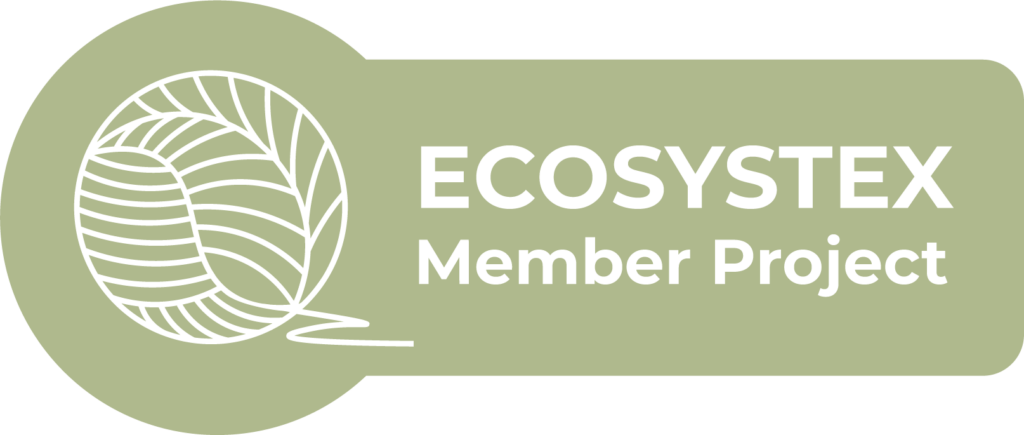
Networked industrial-urban symbiosis value chain demonstrators for biomaterials, C&DW, circular water loops & WWTPs, driven by Hubs 4 Circularity
Theseus is proud to collaborate closely with United Circles, our official sister project under Horizon Europe. United Circles shares with Theseus the common goal of supporting the transition of cities and industries toward circular and low-carbon ecosystems, focusing on the practical implementation of industrial-urban symbiosis (IUS) to turn urban waste into valuable resources.
Running from November 2024 to July 2028, United Circles brings together a strong partnership of 46 organisations from 14 countries, including the United Nations Institute for Training and Research (UNITAR). The project focuses on developing and demonstrating innovative solutions to address three major urban waste streams: construction and demolition waste, urban and industrial wastewater, and food waste such as used cooking oil. By creating new value chains, United Circles aims to showcase how these waste streams can be transformed into high-value materials and products. Among the flagship innovations of the project is the use of construction waste to build a two-story 3D-printed building using low-carbon cement and upcycled materials, demonstrating a circular approach to construction. Furthermore, the project will transform wastewater treatment plants into integrated resource recovery centres, capable of producing clean water, biomethane, fertilisers, and recycled cellulose for industrial use. United Circles will also demonstrate how used cooking oil can be converted into fully biodegradable bioplastics, providing a sustainable alternative to fossil-fuel-based plastics. To ensure that these circular solutions can be adopted at scale, United Circles will establish regional Circularity Hubs (H4C), which will serve as platforms for collaboration among industries, municipalities, researchers, and citizens. These hubs will play a central role in integrating circular economy solutions locally, supporting governance models, facilitating investment, and promoting knowledge sharing among stakeholders.
As sister projects, Theseus and United Circles are highly complementary. Both initiatives aim to develop replicable and scalable models of industrial-urban circular ecosystems that can be adapted across different regions in Europe. While Theseus focuses on creating local circular value chains based on bio-based materials and nature-based solutions, United Circles addresses a broader range of urban waste streams, including construction and wastewater. This creates a strong foundation for knowledge exchange, joint learning, and synergies, particularly in areas such as stakeholder engagement, governance mechanisms, and digital tools for tracking materials and products within circular hubs.


